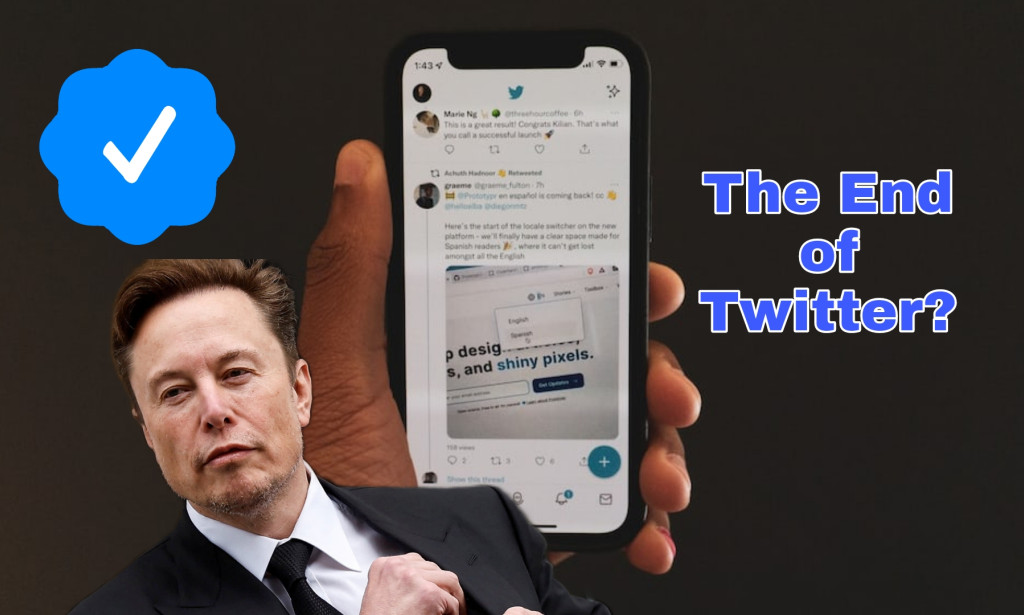Twitter, the popular social media platform, was founded in 2006 by Jack Dorsey, Biz Stone, and Evan Williams. It quickly gained popularity among users, with its simple and straightforward interface allowing for real-time updates and instant messaging. Over the years, Twitter has become a powerful tool for communication, social interaction, and breaking news.
The Impact of Tech Billionaires on Social Media: The Case of Elon Musk and Twitter

As of 2021, Twitter has over 330 million active monthly users and generates revenue of around $3.7 billion per annum. In 2022, the company underwent a major change when it was purchased by billionaire entrepreneur Elon Musk for $48 billion. Musk, known for his involvement in tech companies such as Tesla and SpaceX, has taken over as CEO of Twitter and has since made significant changes to the platform's policies and features.
One of the most controversial changes introduced by Musk has been Twitter's new verification policy. The platform's previous verification system was designed to help users identify authentic and credible accounts, particularly those of public figures and celebrities. Verified accounts are marked with a blue tick, indicating that the account has been confirmed as genuine by Twitter.

However, in a surprising move, Twitter has started to remove verified checkmarks from celebrities who have not signed up for Twitter Blue, the platform's premium service that costs $8 per month. This policy change has sparked controversy and frustration among celebrities and their fans, as many see it as a way for Twitter to monetize its verification system.

Among those who have reportedly lost their verified status are popular American artists Drake, Playboi Carti, Travis Scott, and more. According to Twitter, verification was a legacy feature and not a permanent status. To maintain their verified status, celebrities are now required to pay for Twitter Blue.

Many celebrities have taken to social media to express their frustration, with some calling for a boycott of Twitter until the company reverses the new policy. The policy change has caused an uproar among many users who believe that Twitter should not be charging for verification. Some argue that verification is a crucial tool for identifying legitimate accounts and preventing impersonation and harassment.
Twitter has defended its decision, stating that Twitter Blue offers many additional features, including ad-free browsing, custom app icons, and exclusive content. The company has also stated that verification is not a measure of a user's importance or influence and that it will continue to work towards improving its verification process.
The controversy surrounding Twitter's new verification policy highlights the complex and ever-changing nature of social media and its role in society. As social media platforms continue to evolve and change, it is important for users to stay informed and aware of the policies that govern their online presence.
Moreover, the purchase of Twitter by Elon Musk has raised questions about the role of tech billionaires in shaping the direction of social media and the potential consequences of such influence. Musk's ownership of Twitter has also led to increased scrutiny of the platform's policies and the ways in which it handles controversial content and disinformation.
In conclusion, Twitter's new verification policy has sparked controversy and frustration among celebrities and users alike. While the platform's previous verification system was designed to help users identify authentic and credible accounts, the new policy has raised questions about the monetization of verification and the role of social media in our society. As social media continues to evolve, it is important for users to stay informed and engaged in the ongoing debates and discussions about the future of these platforms.


You must be logged in to post a comment.